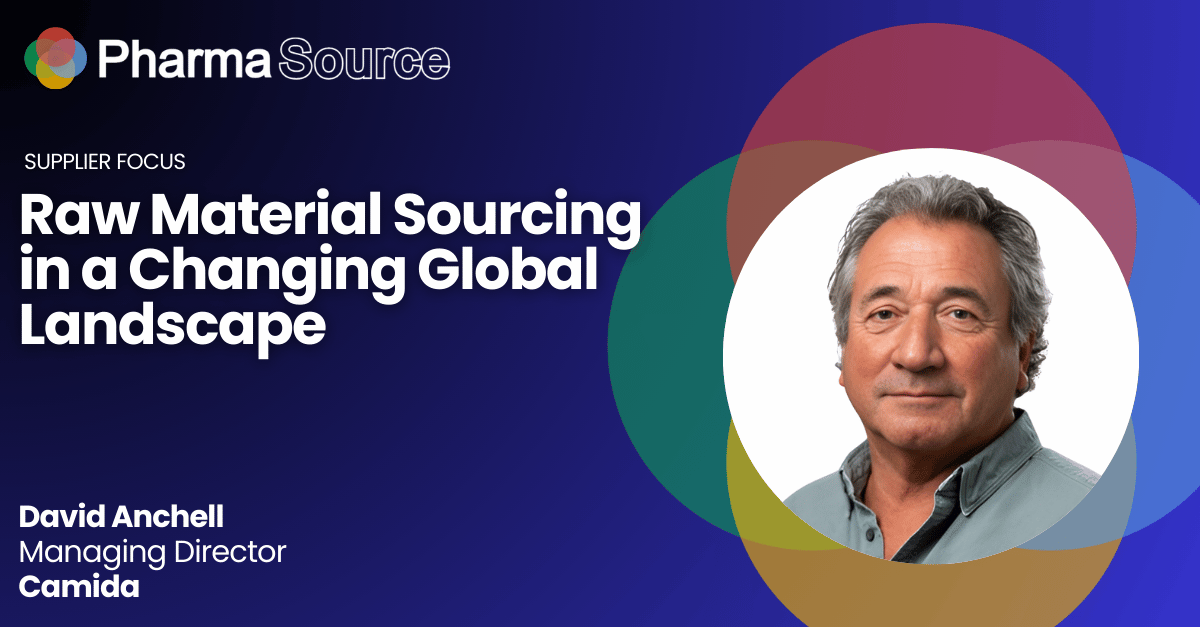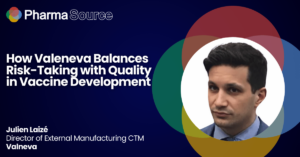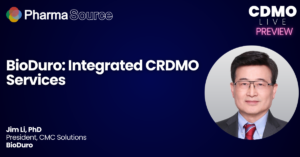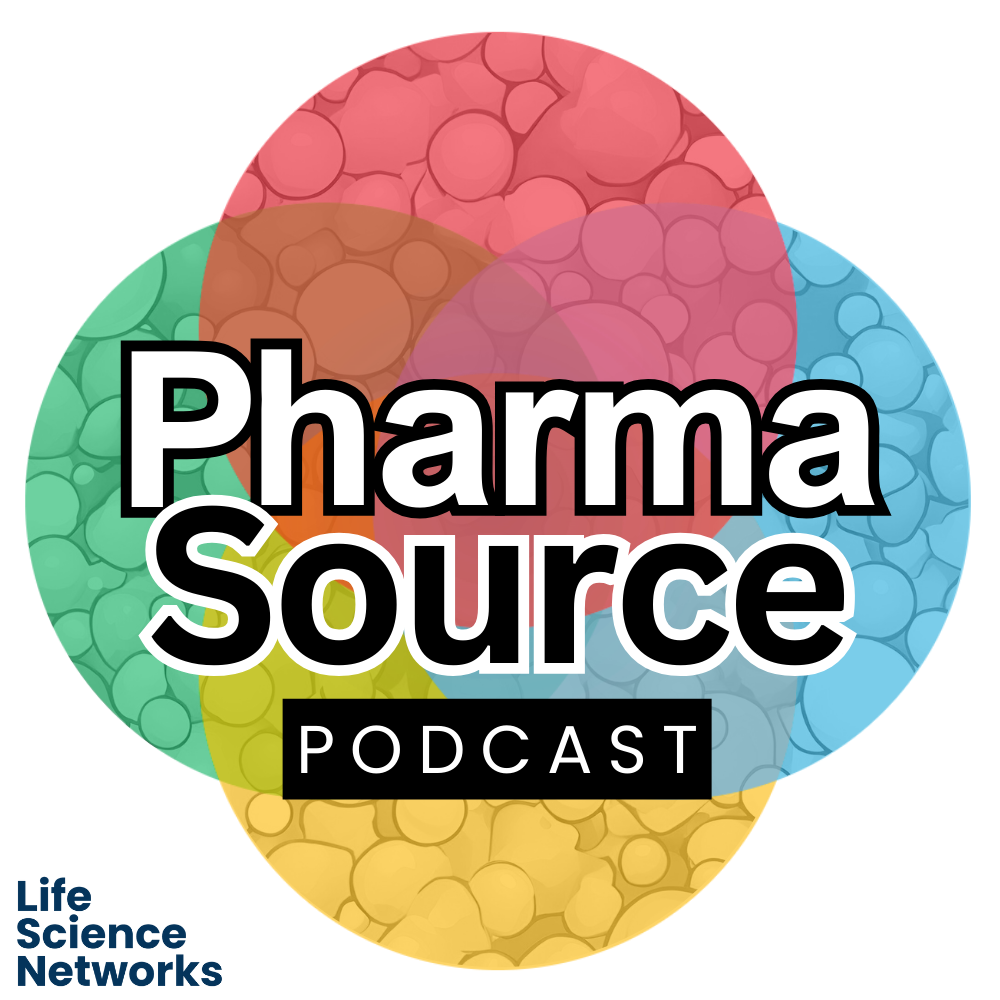“Our job is to add value, rather than sell stuff and make money.” – David Anchell, Co-Founder and Managing Director of Camida
Camida are a specialist supplier of pharmaceutical raw materials, fine chemicals and intermediates to the life sciences industry, founded in 1988.
In the latest PharmaSource podcast episode, David Anchell shares his journey and insights on the challenges and opportunities in pharmaceutical raw material sourcing, emphasising Camida’s problem-solving approach and customer-centric focus.
The Evolution of Pharmaceutical Production and Its Impact on Raw Materials
David explains how the pharmaceutical industry has shifted from traditional chemical synthesis to biopharmaceutical production methods. This change has created new challenges in raw material sourcing:
“Biopharmaceutical production uses products that weren’t traditionally used in pharmaceuticals, like buffers, cleaning solutions, minerals, sugars. These were previously used as commodities, but now they’re critically needed for pharmaceutical production, which upgraded the quality needs.”
He further elaborates on the pain points this creates:
“Whereas the pharmaceutical raw material needs are USP, GMP, EP, etc., these products were made in hundreds of tons. I’m talking about things like phosphoric acid and sodium hydroxide, some of the phosphates. They were manufactured in huge quantities by commodity producers, and this industry suddenly needed this high quality. I don’t think that has been solved yet.”
Geographical Shifts in Raw Material Sourcing
David highlights the significant impact of geographical changes in raw material sourcing over the past 30 years:
“30 odd years ago, the industry decided it needed to produce products at lower cost, and China was opening up, India was becoming more prominent. It drove a need for cheaper raw materials to those places. That created a number of problems. One was that the quality and environmental controls in those areas weren’t always sufficient to meet the industry needs.”
He points out a current trend that’s creating new challenges:
“It has now become a trend to decline raw material from those parts of the world, and because of that move to those parts of the world, because of economy, it removed the Europeans and some of the Americans from producing those products. So we can’t go back to the sources that were there before that moved to those cheaper locations.”
Customer-Centric Problem-Solving Approach
David emphasises Camida’s focus on solving procurement issues for their clients:
“We are open to any kind of procurement issue, be it the need for a complex formulation or solution, be it for an obscure product, be it for a higher quality product or higher purity product.”
He explains how Camida has built its business around this problem-solving approach:
“We have invested heavily in areas where we can improve our procurement for raw materials for pharmaceutical industry. From day one, we carefully kept a record, or built a library, of all of the communications and contacts that we’ve ever made. So we have a huge internally built, but also externally provided database of raw material providers around the world.”
David also highlights the importance of their technical sourcing team:
“We have a slightly unusual, if not unique resource, which is a technical sourcing team. We have six to eight people in our company that are technically qualified, third level, appropriate degree subjects, some of them with PhDs who spend their time solving these problems that our customers bless us with.”
The Future of Pharma Outsourcing
Looking ahead, David sees contract manufacturing organisations (CMOs) and contract development and manufacturing organisations (CDMOs) playing an increasingly important role:
“I think the trend towards tailored medication and treatment, the pressure from generics, and the need for post-patent products to be produced in a lower-cost way is essential for the giants of the world who invest a huge amount in R&D. They need their production, certainly post-patent time, to be more cost-effective. And I think that can be achieved with CMOs to a large extent.”
He also notes a trend of major pharmaceutical companies investing in CMOs:
“Some of the majors are actually investing and buying CMOs or CDMOs, and leaving them as a separate unit to their own operations. I think that will be an increasing trend.”












 Stay ahead of trends and best practices
Stay ahead of trends and best practices
